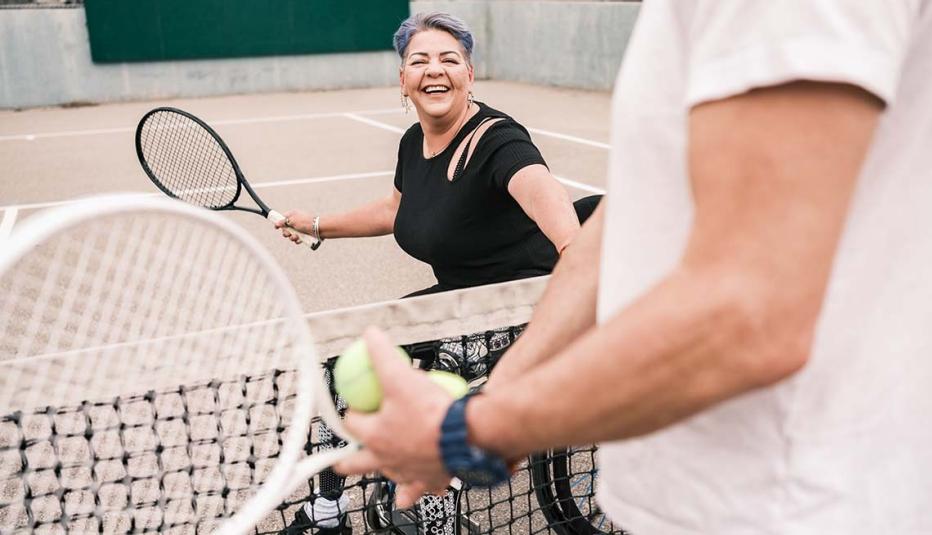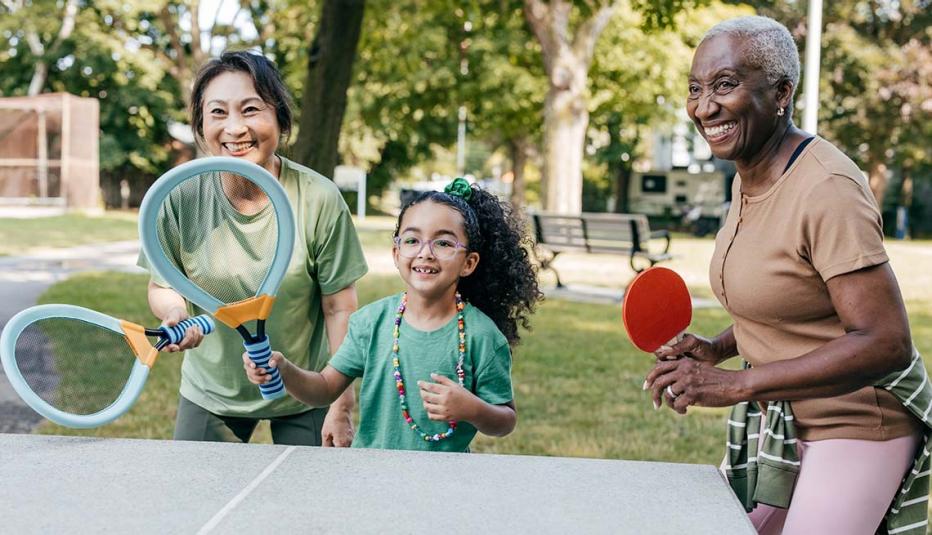AARP Hearing Center
Most Americans age 40 and older consider their brain health better than their overall health, according to a new AARP survey, and two-thirds are embracing habits to improve their mental performance.


The national survey of more than 3,500 older adults in early 2025 examined attitudes about health and behaviors to stay fit. The majority (58%) believed their brain health — that is, the ability to think, reason and remember — was excellent or very good, compared to just 39% who rated their overall health as highly.
Concerns and preventive action
While 44% of older adults are at least somewhat worried about their mental sharpness, 55% are not. Adults who aren’t concerned are much more likely to rate their brain health and overall health high compared to those who are concerned.
Research shows that engagement in brain-healthy behaviors can assist in maintaining mental sharpness, and the survey indicated most Americans are heeding the advice stemming from that research. A solid majority of respondents, 71%, said they socialize with others at least three or more days a week, and 73% reported managing their stress. Meanwhile, 71% engage in mentally stimulating activities, 69% eat healthy foods, and 65% are well rested. Fewer respondents, only 50%, regularly exercise.
Older adults who embrace these recommended healthy habits are more apt to rate their overall health and their brain health as excellent or very good.
Technology on the market to help boost mental performance has not fully caught on among those over age 40. Just 19% of respondents say they use technology to help maintain brain health and, while 48% are aware the tech exists, 34% are not.
Three-quarters (77%) of older adults anticipate it’s likely they will experience cognitive decline, and half (50%) think they will get dementia.
Health and empowerment
Overall, 70% of U.S. adults say that, at least to some extent, there are steps individuals can take to reduce their risk of dementia, and 17% feel their behavior can lower their risk “to a great extent.” Those who think it is unlikely they will get dementia are significantly more likely to rate their overall health and brain health as excellent or very good compared to those who feel dementia may be in their future.
Cognitive screening is key to early diagnosis of dementia, but there’s much room for improvement on that front, as just 27% of adults over age 40 were screened in their routine health exam. It is relatively uncommon, in fact, for health care providers to inquire about brain health with their patients. Just 18% of survey respondents say they discussed brain health with their physician, although such discussions increased with age; 28% of adults age 70-plus reported having a brain-health conversation with their provider.
Methodology
The information is based on a survey of 3,555 adults 40 and older, representative of the U.S. population. The online and telephone survey was conducted in March and April of 2025.
For more information, please contact Laura Mehegan at lmehegan@aarp.org. For media inquiries, contact External Relations at media@aarp.org.





































































